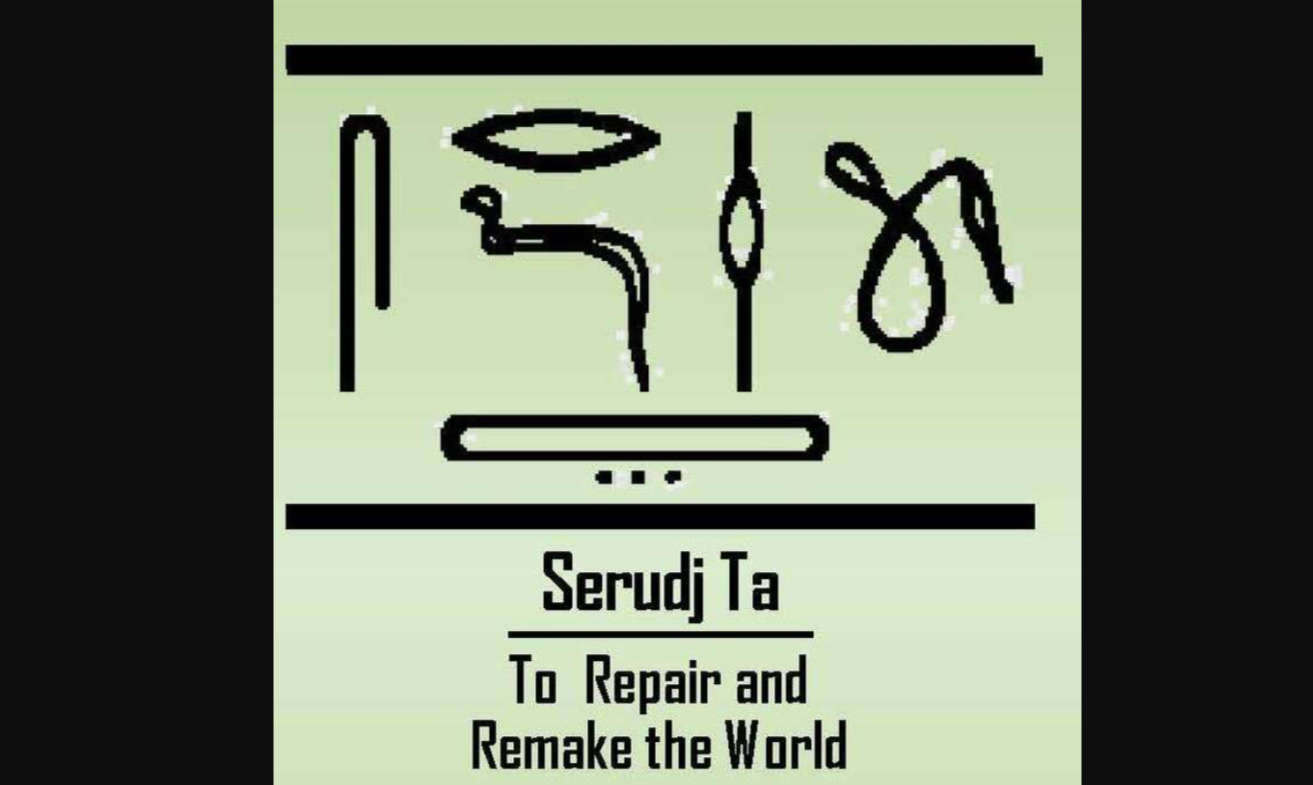(ThyBlackMan.com) Despite the ebbs and flows of our self-confidence and how we may see ourselves at times, none of us are perfect. When we narrow the lens to financial health, the imperfection is even more glaring.
Per NerdWallet, U.S. household debt increased five percent from 2017 to reach $420 billion. Yet, surrendering large amounts in monthly interest doesn’t necessarily mean that a credit score is shot. After all, the average FICO score is around 700 according to Credit Karma, which is considered the low end of “good.”
But if a problematic financial situation did destroy your credit, creditors will deem you as a high-risk borrower and you’ll face unfavorable terms no matter what loan you seek. However, credit scores can be built just as they can be destroyed.
Use these five strategies to rebuild your credit:
Get a Secured Credit Card
The last thing a debtor wants to do following a traumatic financial experience is get another credit card. But secured credit cards work differently than the traditional credit cards that got you in trouble initially. These cards require a deposit to use, which also usually dictates the card’s credit limit. Creditors use this as collateral should you be unable to pay your balance. The right secured credit cards will report activity to the three major credit bureaus — Transunion, Equifax and Experian — allowing you to build credit if you can keep your balances low and pay them off each month. Some credit cards even offer spending rewards like regular cards.
Seek a “Credit-Builder” Loan
Just as debtors would be hesitant to get a credit card following an economic meltdown, taking a loan out conjures similar frenzy for those with damaged credit. But credit builder loans aren’t scary; they’re what they sound like, working like training wheels to establish credit and debtor habits along with it. Credit builder loans allow individuals with poor credit to borrow money, which is then held in a bank account while the borrowed amount is repaid. On-time payments to credit builder loans, like secured credit cards, are reported to the major credit bureaus. Over time, these on-time payments will transform dismal credit to decent credit to eventually good credit. To get a credit builder loan, look for offers from credit unions, online lenders and community banks.
Pay Your Balance(s) Off Every Month
Unless you’re trying to remedy your situation with debt settlement and are scanning Freedom Debt Relief reviews to prepare, the most effective and safest way to obtain—and maintain—a good credit score is pretty simple: pay off your balances each month! This might be reasonably obvious depending on the circumstances surrounding your financial hardship, but it bears repeating anyway. Why? The average U.S. household that carries revolving debt has nearly $7,000 of it! Even average interest rates of 15 percent (but as high as 25 percent), meaning debt will only spiral if only the minimum is paid each month. So, repeat after me: “I will only spend what I have. I will pay off my balance each month.” Feel free to make it a mantra if you think it’ll contribute to good behavior going forward.
Eliminate a Balance
A key reason why so many households languish in debt for so long is that they’re unsure how to tackle it. The culprit to the confusion is debtors trying to repay several balances of varying interest rates. A study in the U.K. confirmed this. Data from 1.4 million credit card holders who use more than one card and don’t pay off their entire balance every month found that borrowers don’t prioritize the highest-interest card (aka the debt avalanche method) costing themselves more money. Whether you use the avalanche to pay off your highest-interest balance first or go for a motivation-boosting route with the debt snowball strategy, every balance you can eliminate is one fewer to worry about.
Pay Student Loans on Time
The last thing a consumer wants to think about after beating credit card debt is a pesky student loan. As frustrating as it may be to have tens of thousands in education debt, interest rates are manageable. And since credit bureaus view student loans as installment credit, making payments on time can have a similar effect as on-time mortgage and car payments. Making headway on student loan payments go hand in hand, especially with following an efficient debt repayment strategy and eliminating a balance. Every bit of weight that can be alleviated means more funds to keep pace with student loans.
Dealing with a difficult financial predicament can wreak havoc on our emotional health, but once we’re out of debt, a long uphill battle still ensues. These five strategies will shorten the path toward financial freedom and provide peace of mind along the way.
Staff Writer; Karl Ross
















Leave a Reply